Every presidential election tends to follow a somewhat predictable pattern. As the candidates battle it out we, the voting public, take stock of what’s on offer and decide who to support based on a mix of policy, party and personality. The closer we get to Election Day the more we worry about everything from an unwanted “October Surprise” to what undecided voters will ultimately decide to which polls we should believe. The one thing we’ve never had to worry about—until now—is that the loser might refuse to accept the results of a fair and free election.
This new ‘normal’ would have been unthinkable a decade ago. How did we get here? There are plenty of theories (and culprits) to go around but that’s a topic for another day. The more pressing issue, as Nov. 5 fast approaches, is to debunk the myth that election fraud is widespread because failing to do so threatens the very foundation of our democracy.
Our election system is extremely decentralized, a feature that can be maddening at times (who, in Connecticut, doesn’t remember trying to understand what a hanging chad was 2000?). But this fragmentation does have its benefits, primary among them is that it makes conspiring to rig an election impossible. Other than enacting laws to protect the right to vote, the federal government has little to do with administering elections. Rather, the vast majority of election law is written (and enforced) at the state level. The states, in turn, rely on over 10,000 local jurisdictions across the country to administer elections, using a mix of paid staff and volunteers to maintain accurate voter rolls, mail out ballots, monitor the polls, count votes and certify the results. While election laws vary from state to state, they all include protective measures designed to ensure the process is secure, including strictly limiting access to ballots and keeping all election-related machines offline.
Has this combination of decentralization and protective measures worked? According to every organization that monitors election fraud, the answer is an unequivocal “yes”. Even the uber conservative Heritage Foundation, which maintains a database to track voter fraud, found that of 3 billion votes cast in federal elections since 2016, the percentage of fraudulent votes amounted to a miniscule .0000367.
The presidential election of 2020 was no different and, despite constant cries of a ‘rigged election’, no proof of widespread fraud has ever been found.
Trump’s legal team lost 60 of 61 court cases, with 50 of the cases being summarily dismissed due to lack of evidence. Even judges appointed by Trump were unimpressed with the arguments being presented and ruled accordingly. The lawsuits were so egregiously frivolous a number of his attorneys faced professional consequences, most notably Rudy Guilianni, who was disbarred.
Christopher Krebs, the Trump-appointed Director of CISA (Cybersecurity and Infrastructure Security Agency), was fired in November 2020 after repeatedly telling Trump there was no evidence of widespread fraud. When Krebs went before the Senate he testified, under oath, that the 2020 election was “the most secure in American history”.
Following the 2020 election, Dominion Voting Systems and Smartmatic — repeated targets of the Trump team’s claim of election fraud — sued various news outlets for defamation. Fox News had to pay Dominion $787.5 million in damages and Newsmax, eager to avoid an embarrassing trial, settled with Smartmatic for an undisclosed sum.
Recounts were conducted at the behest of Trump’s campaign in a number of swing states. Georgia’s three recounts confirmed Trump’s loss. Arizona allowed an outside firm with deep ties to the Republican party, Cyber Ninjas, to do a statewide recount, resulting in a net increase of 360 votes for Biden. Wisconsin did partial recounts in two counties and this, too, resulted in a net gain for Biden, adding 87 votes to his total.
It seems these days everyone feels entitled to their own facts, particularly with the fragmentation of media and the deluge of ‘information’ on social media platforms like X. But hard evidence, especially when it’s based on testimony given under oath, still matters. As do numbers. And all of the hard evidence and numbers that were litigated after the 2020 election prove there was no widespread voter fraud. Period.
Unfortunately, it doesn’t seem the story will end there. Trump and his allies are already laying the groundwork for the same unfounded lies about a rigged election if he loses again. This dishonesty should worry us all, even those who voted for Trump in 2020 and plan to do so again. Democracy depends on fair and free elections but it also depends on a shared reality and Trump’s “Big Lie” is inflicting lasting damage on both. If we value what makes America great, we need to hold sacred the ritual of casting a vote and, equally important, accepting the results if our candidate doesn’t win.
Susu Langlands lives in Lakeville.

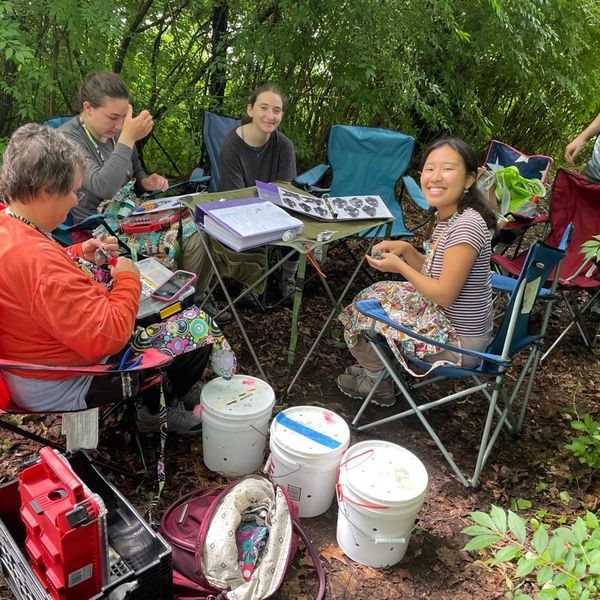


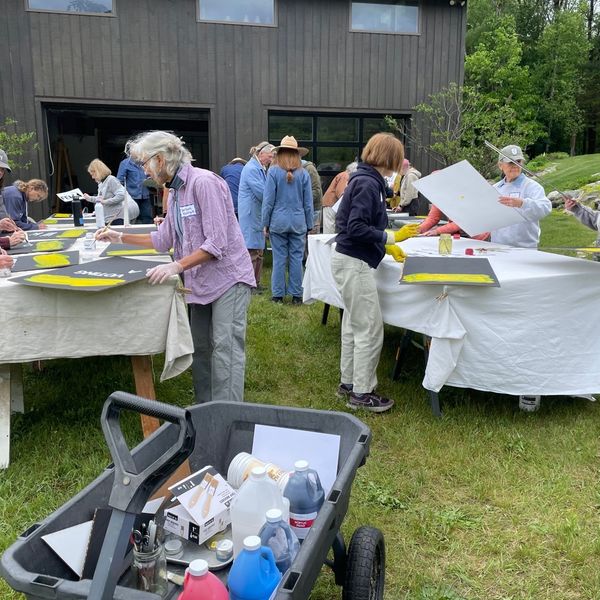
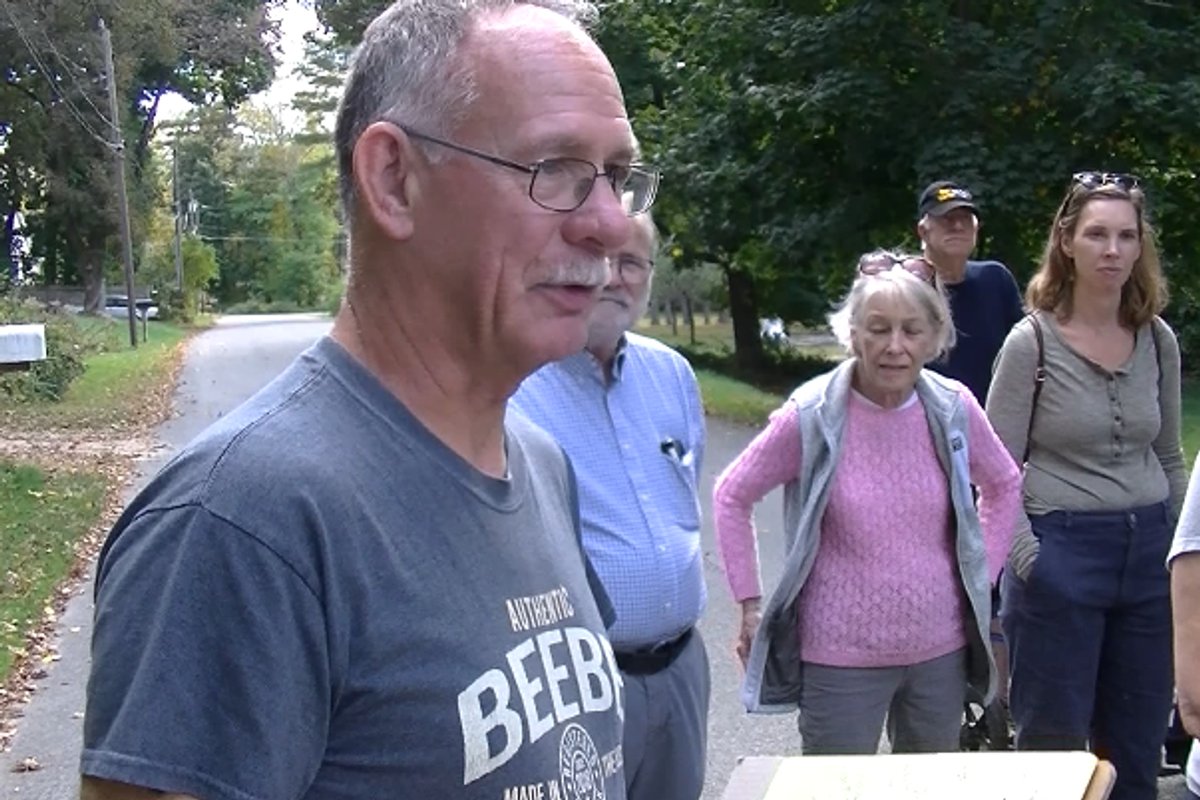

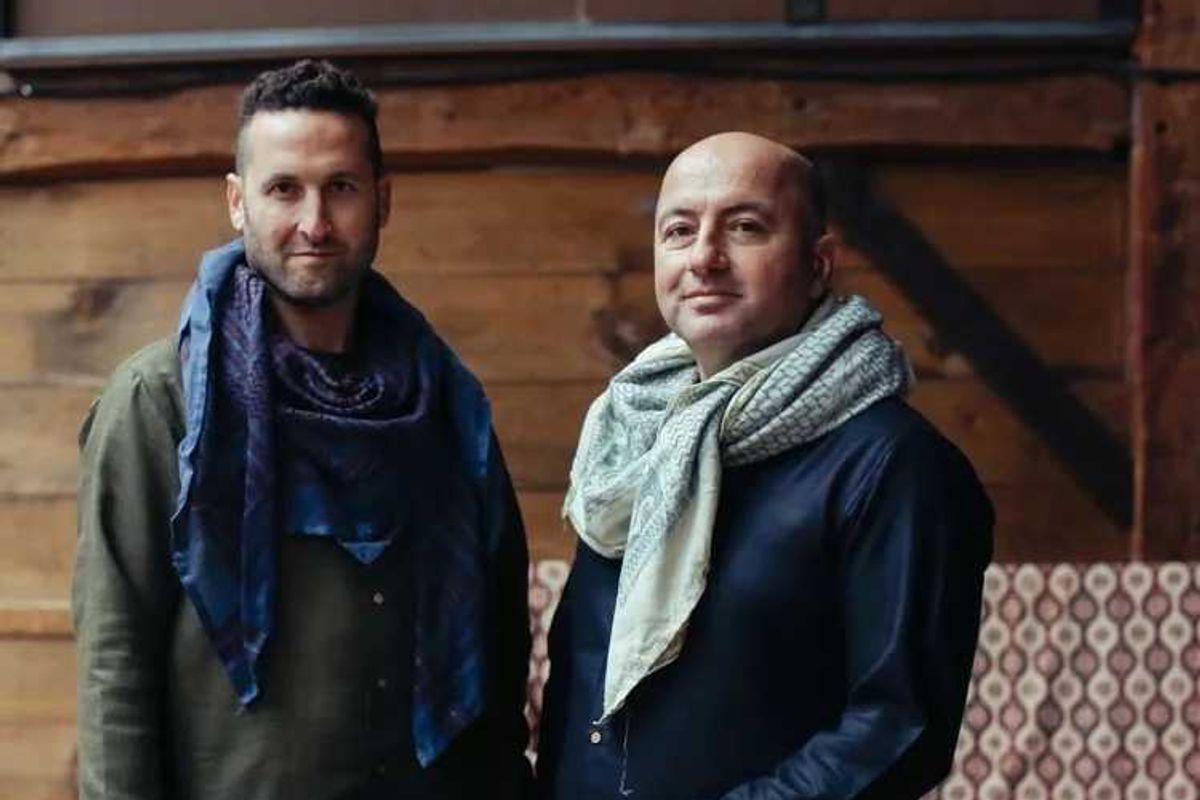



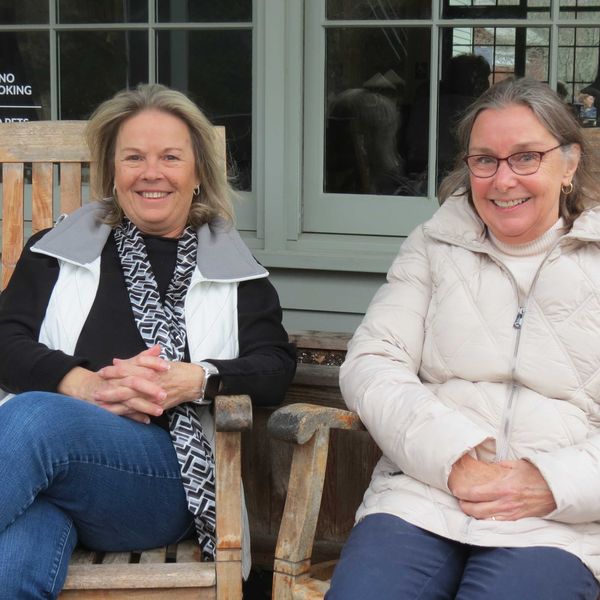
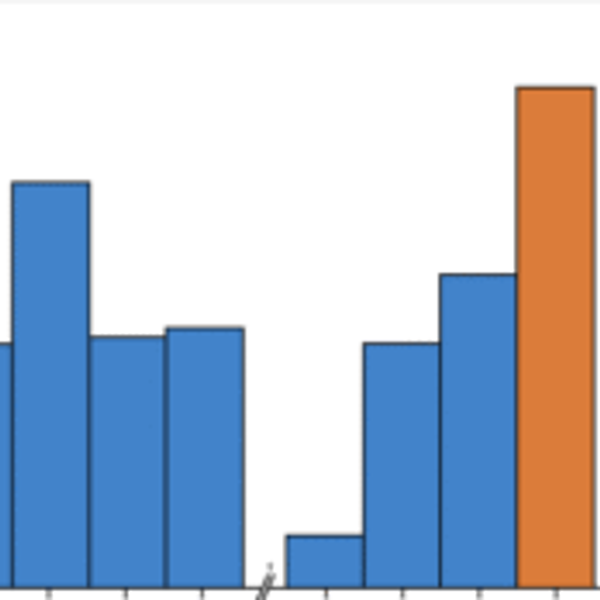


Without the proof, the rig is up